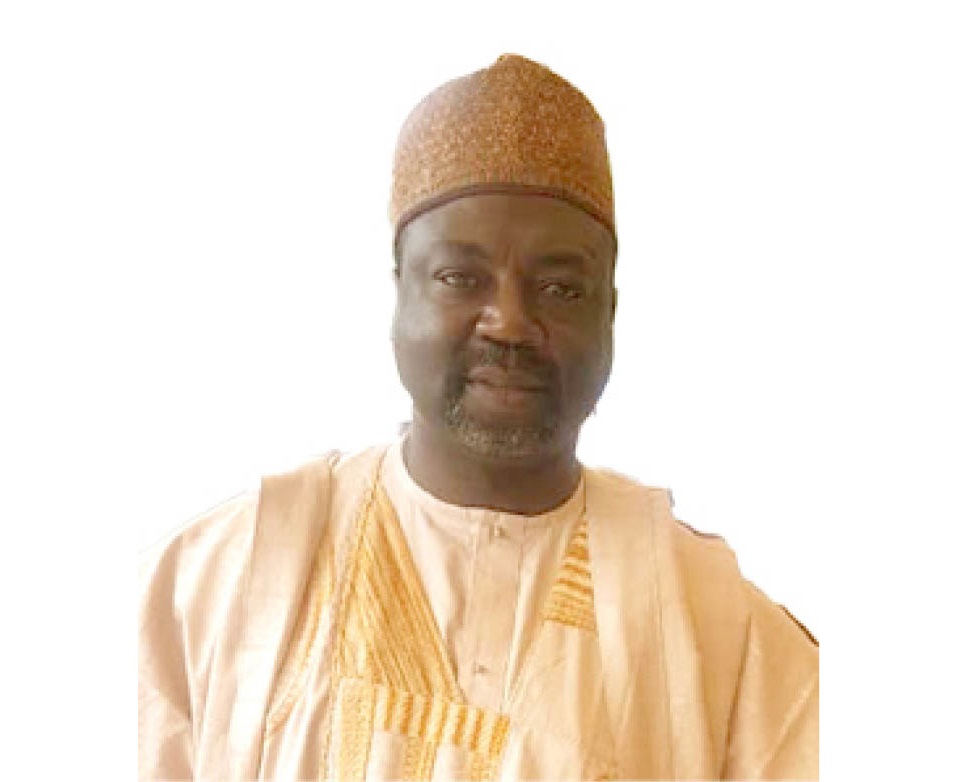Daily Trust Board of Economists (BoE) has advised the Federal Government to urgently intervene to salvage private schools and struggling small enterprises hit hard by the coronavirus pandemic.
The Board’s position was contained in the communiqué signed and released by the Chairman, Professor Nazifi Abdullahi Darma, at the end of its virtual meeting held on July 11, 2020.
- Private school owners ask FG to reverse cancellation of WASSCE
- Private school owners train members on reopening strategies
The Board discussed COVID-19 and its impact on the economy; policy response to the challenges of the pandemic on the economy; petroleum price deregulation; unification of multiple exchange rates; medium Term National Development Plan 2021 to 2026 and the Nigeria Agenda 2050.
The economists decried the impact of the coronavirus pandemic on the economy, adding that the signs of economic recession are already becoming obvious as the situation of unemployment-a critical economic measurement-in the country is already bad.
“An example is the education sector (particularly private schools) where jobs may be completely wiped out as a result of the suspension of school resumption indefinitely. The level of intervention by the Federal Government is as yet not enough to tackle the challenges before private schools. The Board thus expressed the need for a robust intervention in the education sector and other struggling private enterprises,” the communiqué stated.
Food insecurity, especially in the North West as a result of banditry, as well as the dislocations in transportation, agricultural extension, and rolling closures which may have affected the planting season also featured in the discussions.
Calling for prudent management of lean resources, Board members agreed that Nigeria was in “a deep crisis situation” as the economy is contracting and the capacity of the economy to generate revenues to service debts and pay back is weak.
On petroleum price deregulation, the Board said that as long as Nigeria is not refining petroleum products, prices will remain high.
“It was noted that petroleum prices impact the prices of commodities and transportation in the economy. The Board believes that given present circumstances, Nigeria should brace up and deregulate the sector properly,” the communiqué stated.
On the unification of multiple exchange rates, the economists welcomed the unification of the exchange rate being currently targeted by the Central Bank of Nigeria (CBN), which was a response to the demand from the World Bank, adding that multiple exchange rates are not good for the economy.
The Board observed that the scarcity of foreign exchange currencies has been encouraging speculations in the foreign exchange market, leading to multiple rates.
The experts recommended that the CBN should ensure liquidity in the foreign exchange market from time to time to check speculations as there is a serious dip in foreign reserves as a result of the impact of COVID-19 and the reduction of inflows of Foreign Direct Investments (FDIs).
On the Medium-Term National Development Plan 2021 to 2026 and Nigeria Agenda 2050, the Board recalled it had recommended in previous meetings for the country to go back to National Development Plans.

 Join Daily Trust WhatsApp Community For Quick Access To News and Happenings Around You.
Join Daily Trust WhatsApp Community For Quick Access To News and Happenings Around You.


